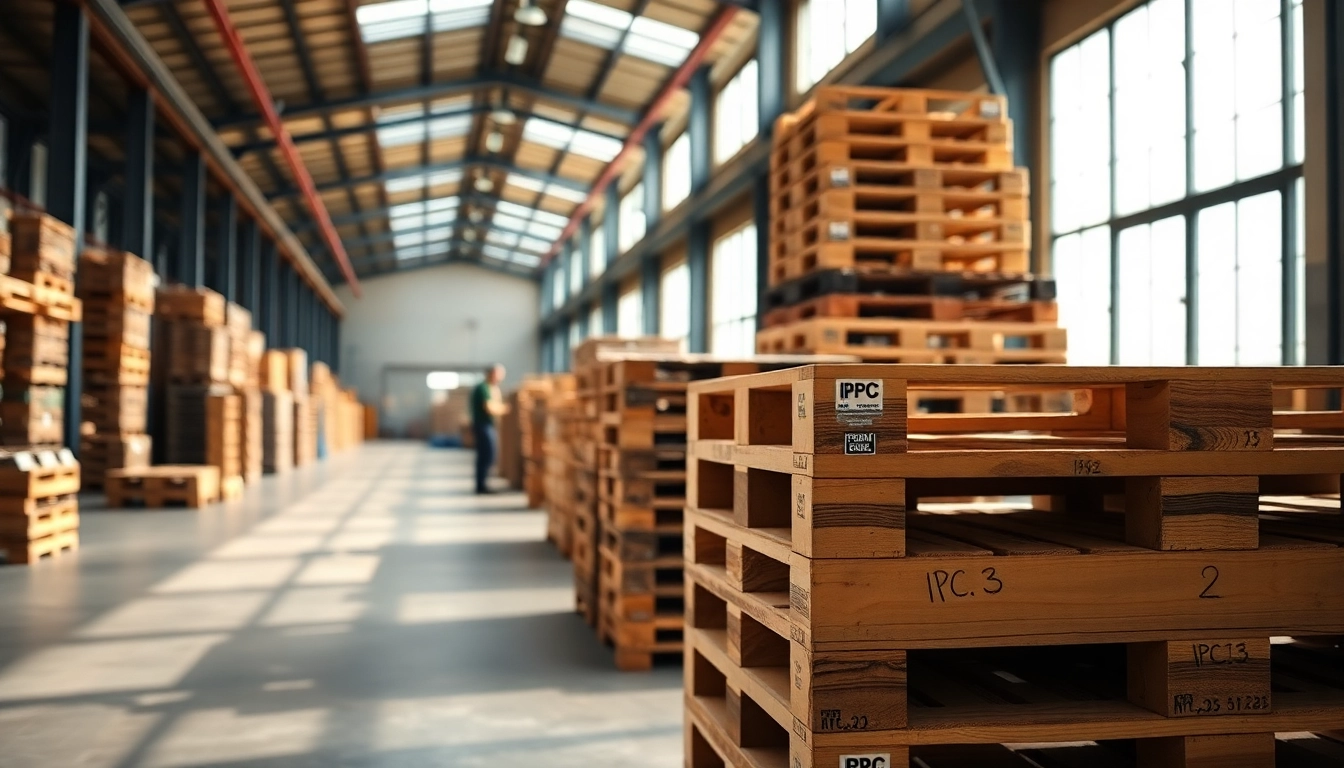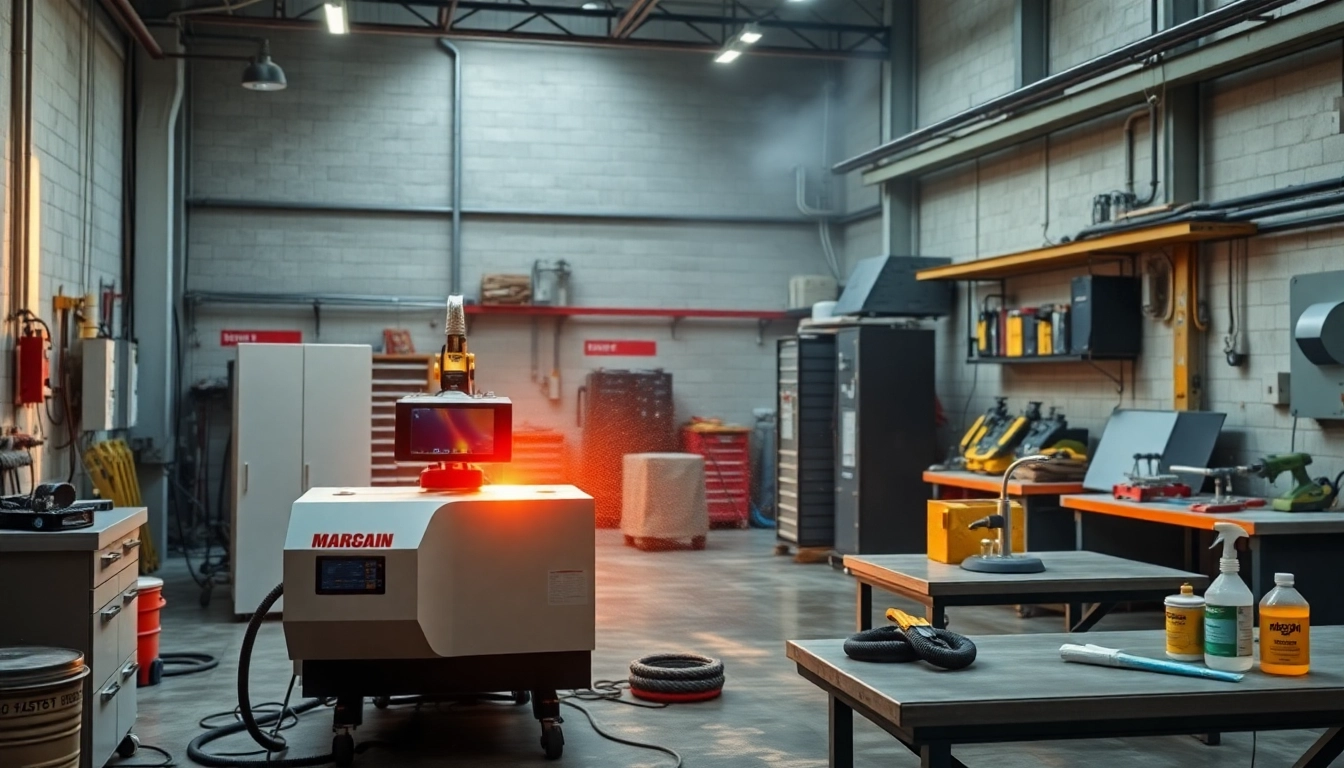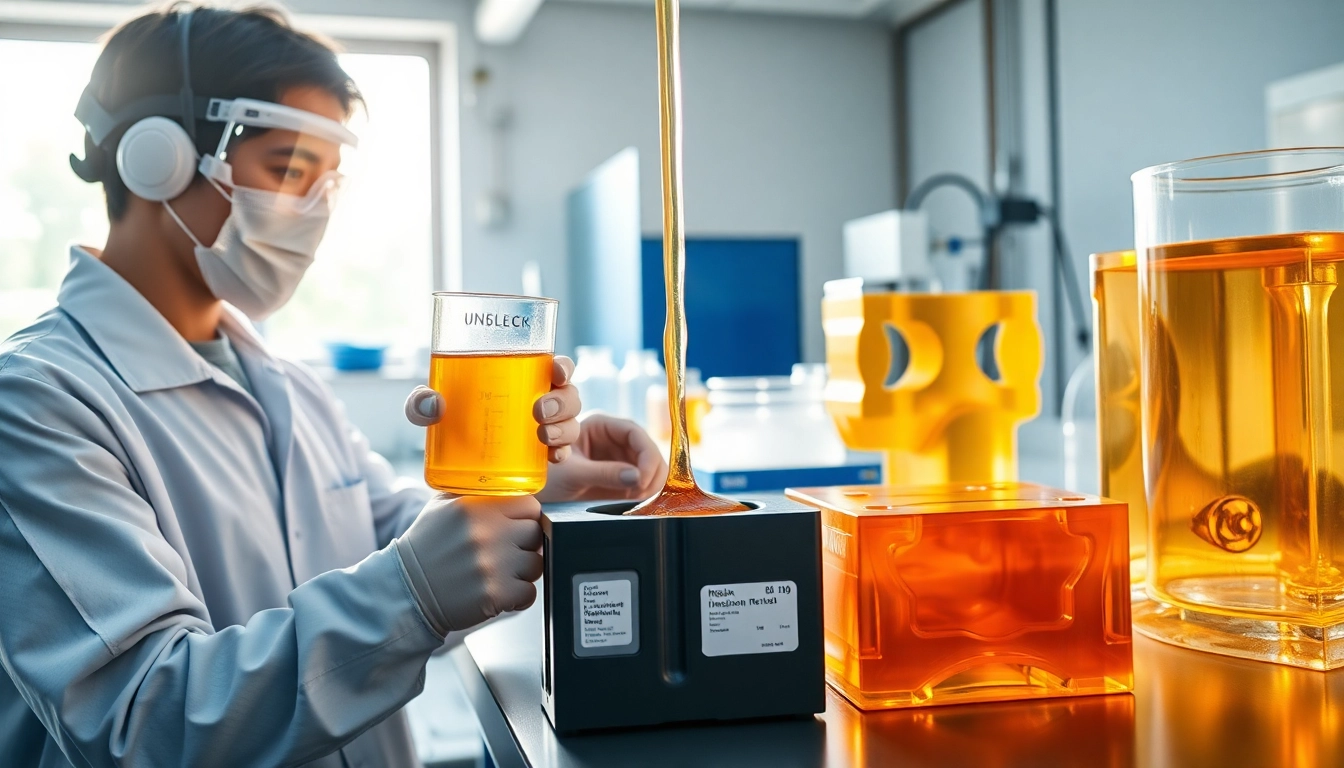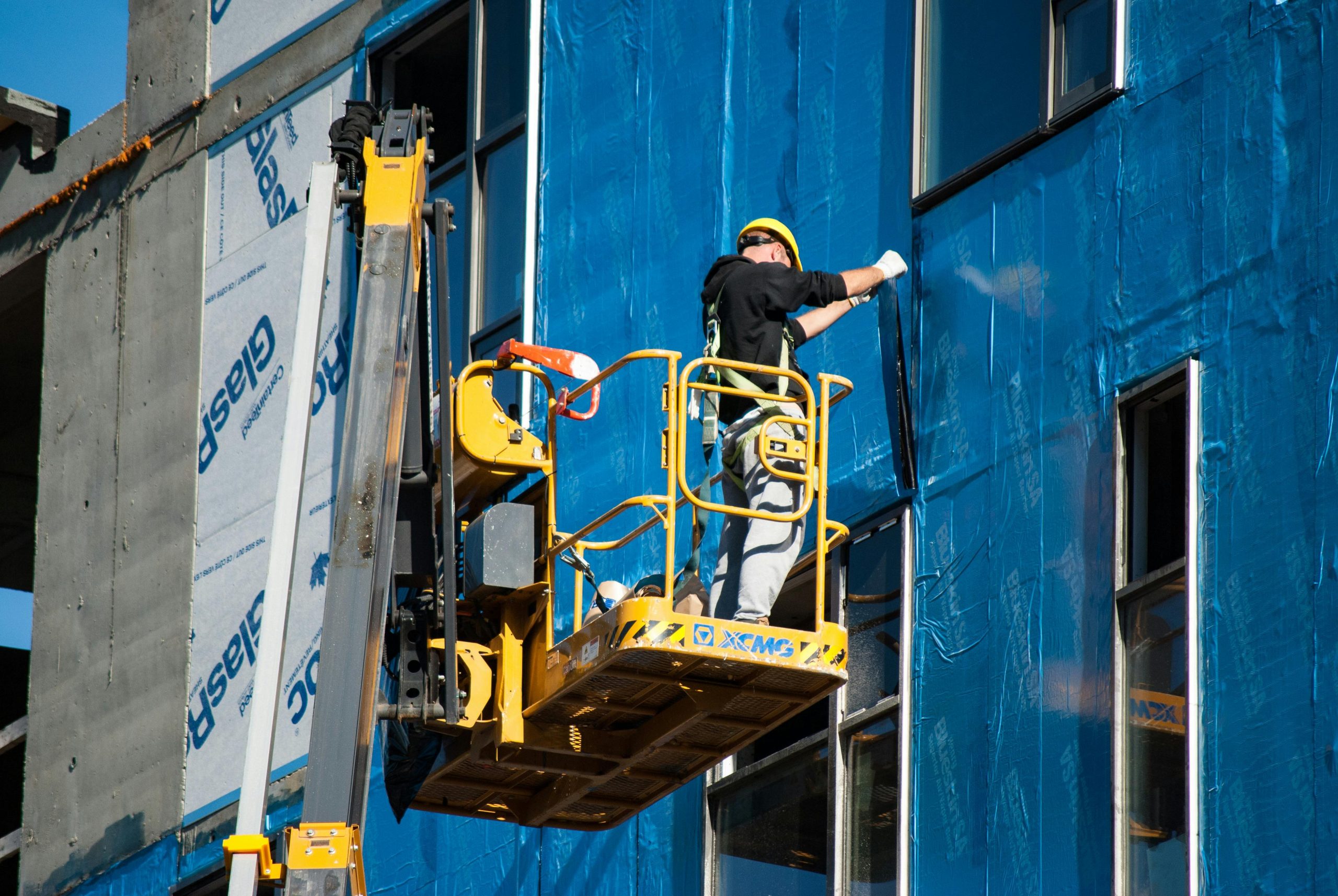Understanding IPPC Certified Pallets Europe
The use of pallets in shipping and warehousing is a fundamental part of logistics, ensuring safe handling and transportation of goods across Europe and beyond. However, not all pallets are created equal. Enter the concept of IPPC certified pallets Europe, which are specially treated to meet international standards that prevent the spread of pests and diseases. In this article, we will explore various aspects of IPPC certification, its significance, and how to effectively utilize these pallets in your logistics operations.
What is IPPC Certification?
The International Plant Protection Convention (IPPC) was established to protect plant health through the prevention of pests and diseases in international trade. IPPC certification pertains specifically to wooden packaging materials, including pallets, that have undergone treatment processes to mitigate risks associated with pest infestation. The most common treatment methods endorsed by the IPPC include heat treatment (HT) and methyl bromide fumigation (MB).
When a pallet is IPPC certified, it is typically marked with a specific logo and a unique identification number, which indicates that it meets the necessary phytosanitary standards. This certification is crucial for compliance with import and export regulations in different regions, ensuring that goods can move freely while safeguarding agricultural resources from harmful pests.
Importance of IPPC Certified Pallets Europe
Adherence to IPPC standards is not merely a regulatory formality; it plays a vital role in the health of ecosystems and global trade. Non-compliance can result in severe consequences, including financial penalties, shipment delays, or destruction of unqualified pallets. Additionally, the increased trade relationships between European nations and other global markets have made IPPC certification even more relevant.
Using IPPC certified pallets is pivotal for businesses aiming for sustainability, efficiency, and risk management. It positions companies favorably with partners looking for assurance against pest-related issues, consequently enhancing overall business reputation and relationships within the supply chain.
Types of Pallets That Qualify for Certification
Not all pallets qualify for IPPC certification; specific materials and treatments are required. Generally, wood pallets made from solid wood can be certified, provided they have undergone the necessary treatments. Here are the most common types of pallets that typically receive certification:
- New Pallets: Newly manufactured pallets that have been treated and marked are ideal candidates for certification.
- Repaired Pallets: If a pallet is repaired, it must still comply with the IPPC standards, meaning it should be treated and marked accordingly.
- Used Pallets: Used pallets can be certified if they have been treated properly, although they may require additional scrutiny depending on their condition.
Benefits of Using IPPC Certified Pallets Europe
Compliance with International Shipping Standards
IPPC certified pallets ensure compliance with international shipping laws, making them crucial for cross-border logistics. They facilitate smoother transport across various jurisdictions, as customs authorities recognize the IPPC mark as a sign of compliance with phytosanitary regulations. This significantly minimizes the risk of delays or logistical hurdles associated with non-certified pallets.
Reduced Risk of Invasive Species Spread
One of the principal goals of IPPC certification is to prevent the spread of invasive species, which can severely impact local ecosystems and agriculture. IPPC certified pallets have undergone treatments specifically designed to eliminate any pests or diseases that may be present, thus reducing the likelihood of introducing harmful organisms into new environments. This environmental responsibility also enhances a business’s standing with eco-conscious consumers.
Enhanced Supply Chain Efficiency
Implementing IPPC certified pallets in the logistics process can lead to greater efficiency and reduced costs. By minimizing pest-related disruptions and ensuring compliance with regulations, companies can maintain smoother operations and more reliable delivery timelines. Additionally, certified pallets often have longer lifespans and lower maintenance costs due to their enhanced quality and treatment processes.
How to Obtain IPPC Certified Pallets Europe
Finding Certified Manufacturers
The first step to acquiring IPPC certified pallets is to identify reputable manufacturers. This can be accomplished through online research, industry trade shows, or logistics forums. Companies should look for manufacturers who are acknowledged by relevant regulatory bodies and have verifiable certifications. Engaging with producers who have a positive track record in the market ensures that the pallets will meet necessary standards for IPPC compliance.
Understanding the Certification Process
Obtaining certification involves several key steps. Manufacturers must complete a treatment process that adheres to IPPC guidelines, which may involve heat treatment or fumigation. Upon successful treatment, pallets are marked with the official IPPC logo and an identifying code, certifying their compliance. It’s imperative for businesses to keep in close contact with manufacturers to ensure that all products received are properly certified.
Maintaining Compliance Over Time
IPPC certification is not a one-time process; it requires ongoing compliance. Companies must engage in regular inspections and audits to ensure that their pallets continue to meet certification standards throughout their lifecycle. Establishing a relationship with a trusted supplier who provides continuous support and training regarding compliance practices is essential for maintaining standards and keeping pace with any regulatory changes.
Cost Considerations and ROI of IPPC Certified Pallets Europe
Initial Investment vs. Long-Term Savings
While there may be an initial investment in utilizing IPPC certified pallets, the long-term savings can outweigh these costs significantly. The upfront costs often include purchasing certified pallets and potential treatment fees. In contrast, the benefits derived from reducing pest-related disruptions, ensuring compliance, and streamlining shipping processes can lead to considerable savings in terms of time and money.
Quantifying Benefits in Logistics Management
The value of IPPC certified pallets can also be quantified through enhanced logistics management. Improved efficiency leads to decreased operational costs and increased customer satisfaction—both key indicators of a successful logistics operation. By calculating metrics such as reduced shipment delays, lower waste from pest damage, and decreased costs related to regulatory non-compliance, businesses can better assess the financial advantages of utilizing certified pallets.
Comparative Analysis with Non-Certified Options
Comparing the costs and benefits of IPPC certified pallets with non-certified options reveals a stark difference in effectiveness and viability. Non-certified pallets may seem cheaper initially but often lead to unforeseen expenses stemming from compliance issues, pest problems, and potential damage to reputation. The comparative analysis thus highlights that the investment in certified pallets is a strategic decision aligned with risk management, sustainability, and overall operational efficiency.
Future Trends in IPPC Certified Pallets Europe
Innovations in Sustainable Materials
As the supply chain continues to evolve, innovations in sustainable materials are becoming more prevalent. Manufacturers are exploring alternatives to traditional wood sourcing, such as recycled or engineered wood, which offer the same benefits as traditional pallets while minimizing environmental impact. The shift towards more sustainable practices, driven by consumer demand and regulatory frameworks, stands to redefine the landscape of IPPC certified pallets in the coming years.
The Role of E-commerce in Pallet Certification
E-commerce has fundamentally transformed logistics, with businesses requiring quicker, more reliable shipping options. The demand for IPPC certified pallets is growing as e-commerce companies strive for international reach while adhering to compliance standards. This sector encourages innovations in pallet design and manufacturing, which will likely enhance both the performance and sustainability of certified pallets.
Regulatory Changes Affecting IPPC Compliance
Regulatory frameworks governing IPPC compliance are likely to evolve based on changing global trade dynamics and emerging environmental challenges. Companies must stay abreast of these changes to ensure ongoing certification and compliance. Awareness of regulatory shifts allows businesses to adapt proactively, ensuring their operations remain aligned with both European standards and global trends.















Leave a Reply